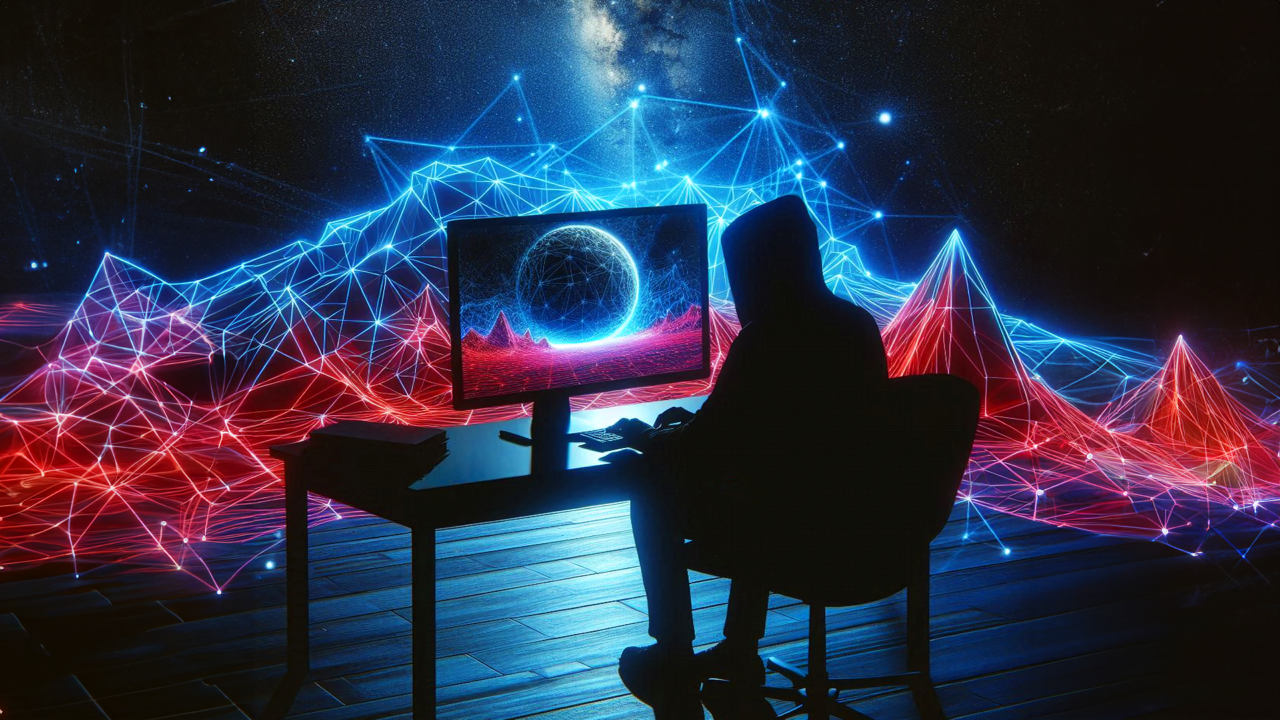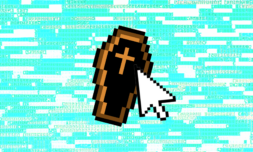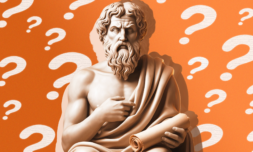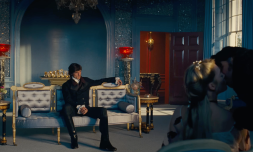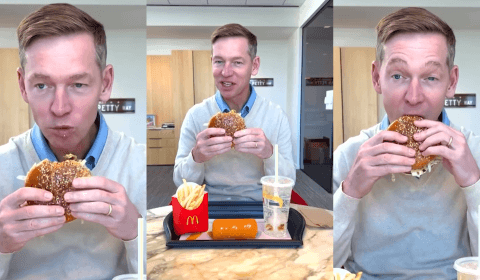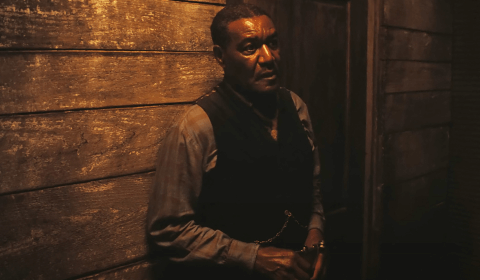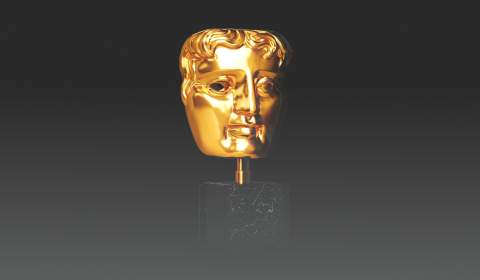Humans have questioned the authenticity of our existence for centuries, but former NASA scientist Thomas Campbell is aiming to ratify once and for all whether we’re living in a simulation.
René Descartes in the 1600s came up with the immemorial Latin phrase ‘cogito, ergo sum’ – translated to ‘I think, therefore I am.’
Preoccupied with thoughts that his senses may have been fooled by an intangible faux existence, he posited that our ability to question such subjects, or even ‘think’, confirms that we physically exist in some capacity.
Four centuries on, former NASA scientist Thomas Campbell is determined to go one better, using quirky and original experiments to ascertain whether or not we’re living in a simulation.
In-fact, he’s set up an entire non-profit called Center for the Unification of Science and Consciousness (CUSAC) to fund his mission, stating an expectation that it will provide ‘strong scientific evidence that we live in a computer-simulated virtual reality,’ as per a press release.
To gain clarity on whether evolution and natural selection, or perhaps taking a blue pill offered by Laurence Fishburne, are responsible for humanity’s state of play, Campbell detailed a series of principle tests and theory in 2017. He will now be given free rein to enact them in 2024.
The first hypothesis is centred around pinpointing that the universe is exclusively ‘participatory’, meaning our actions are dictating and rendering everything around us.
Qualifying this will apparently be possible with a slant on the double-slit experiment, a physics demonstration that shows how light and matter can act like both waves and particles.









